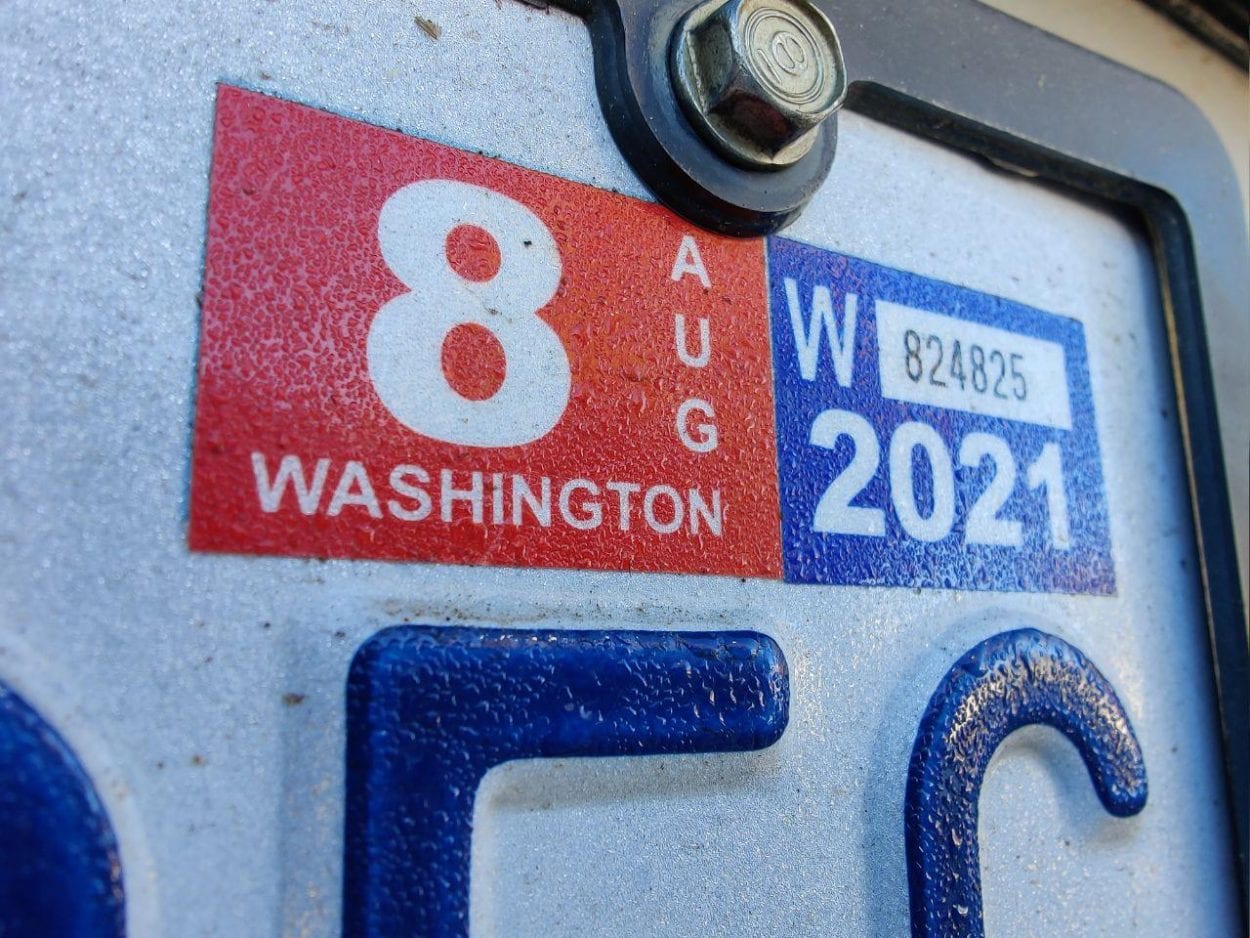The court ruled the ballot title may have been misleading, and the initiative ran afoul of the state’s ‘single subject’ rule
The Washington State Supreme Court has overturned a 2019 voter-backed initiative that would have reduced car tab fees to $30 statewide.
In its unanimous decision, the court ruled that I-976 violated the state constitution by including more than one provision, as well as potentially misleading voters through the use of a title that focused on “seemingly popular provisions to gain passage of unpopular ones.”

The “single subject” rule for voter-backed initiatives was intended to stop a practice known as “log-rolling,” in which initiatives contain more than one topic, potentially unrelated.
In addition to reducing car tab fees to a flat $30 statewide, I-976 would have repealed a state statute allowing cities and counties to implement vehicle fees as part of a Transportation Benefit District. This section of the initiative especially impacted the city of Seattle and King County, both of which joined the lawsuit to halt the law from taking effect.
I-976 would have also repealed the local option to impose a vehicle excise tax for passenger-only ferry service, repealed motor vehicle weight fees, and motorhome weight fees.
While 53 percent of voters statewide backed I-976, including 61 percent in Clark County, the Court noted that 53 percent of voters in the Sound Transit area opposed the initiative, as well as 60 percent in King County, and 70 percent in the San Juan region, which depends heavily on ferry service, paid for largely by vehicle excise taxes.
The Court also agreed with plaintiff arguments that the petition title, which said I-976 would “limit annual motor-vehicle-license fees to $30,” was misleading, when the actual lowest fee would be $43.25.
The plaintiffs also argued that language in the ballot title noting fees would drop to $30 “except voter-approved changes,” was potentially misleading, since other language in the initiative stripped cities of authority to impose that type of local car-tab.
While the nine Justices agreed on the ultimate decision, one argued the ballot title alone did not merit ruling the initiative unconstitutional.
Joining the city of Seattle and King County in the lawsuit were the Garfield County Transportation Authority, Washington State Transit Association, Association of Washington Cities, the Port of Seattle, Intercity Transit, Amalgamated Transit Union Legislative Council of Washington, and Michael Rogers, a Lacey, WA native who suffers from cerebral palsy.
In a tweet following the decision, Seattle Mayor Jenny Durkan called the court’s ruling “Justice for Seattle voters.”
“Even before the pandemic and economic crisis, Seattle’s transportation budget was unnecessarily decimated by I-976 last year,” Durkan wrote, “and our residents and businesses have felt the real impacts of cuts.”
Sen. Lynda Wilson (R-Vancouver), told Clark County Today she was “disappointed” by the court’s decision.
“(I-976) is what the voters wanted and that’s what the voters intended,” said Wilson.
Despite being approved in 2019, I-976 was never fully implemented. A King County Superior Court judge ruled in February that the measure was largely constitutional, but blocked implementation of the law until the high court could issue its decision.
This is the third time anti-tax advocate and former candidate for governor Tim Eyman has been able to pass initiatives to cut car tab fees, only to have them fully or partially struck down in court.
Eyman planned to make further comments on the decision Thursday morning outside of the capitol building in Olympia.
This story will be updated




